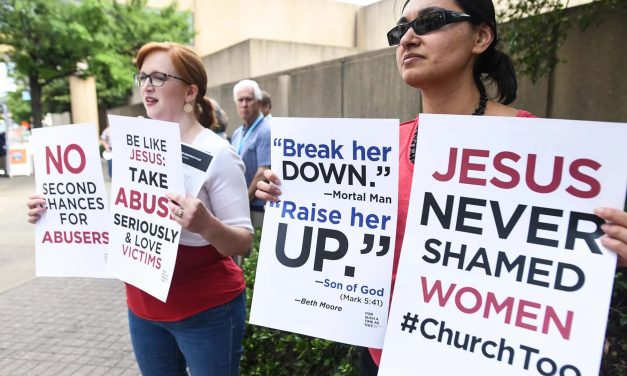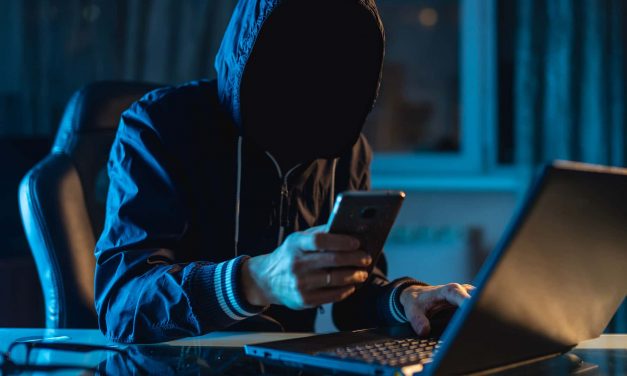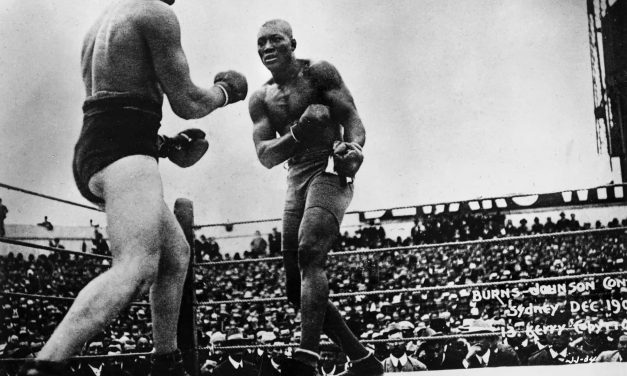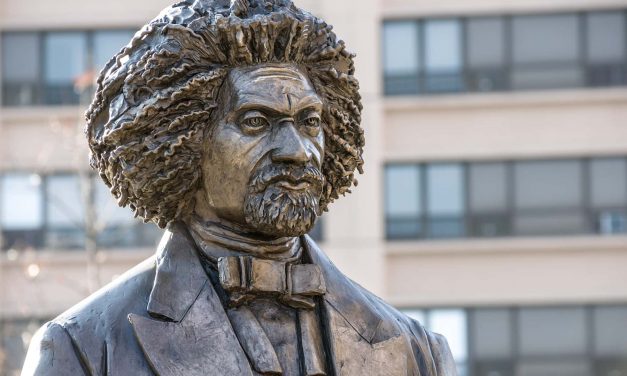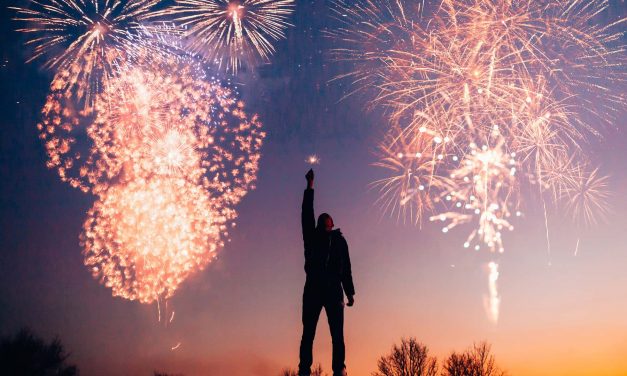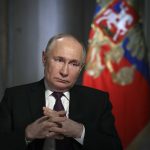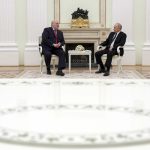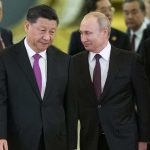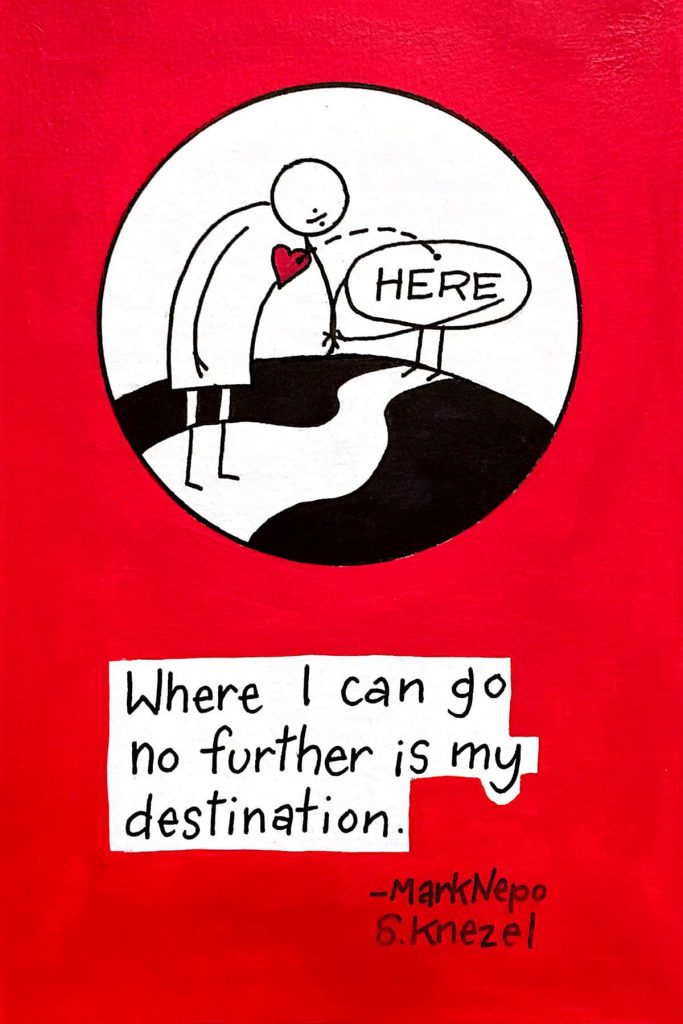Conservative Culture Wars: Why White Generation X Evangelicals are losing faith in the Republican Party
By Terry Shoemaker, Lecturer, School of Historical, Philosophical and Religious Studies, Arizona State University Since the 1970s, White American evangelicals, a large subsection of Protestants who hold to a literal reading of the Bible, have often managed to get specific privileges through their political engagement primarily through supporting the Republican Party. In the 1980s, President Ronald Reagan symbolically consolidated the alliance by bringing religious freedom and morality into public conversations that questioned the separation of church and state. In 2003, President George W. Bush signed the Partial-Birth Abortion Ban Act into law. In October 2020, President Donald Trump appointed...
Read More
